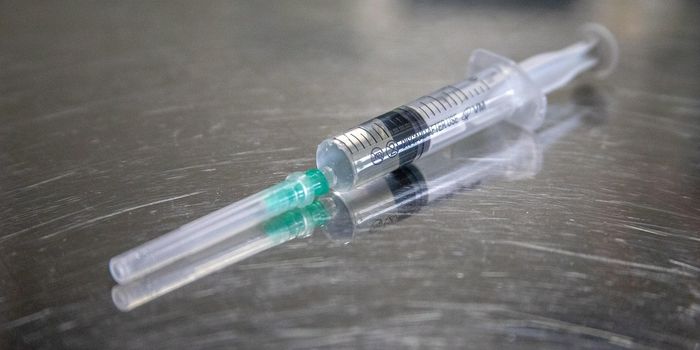Inflammation is healthy when it’s directed toward pathogenic infections, but it can also cause a dangerous complication of diabetes: heart arrhythmias. By identifying the “scene of the crime,” the point at which inflammation becomes dangerous, researchers can begin to prevent and treat arrhythmias as a diabetes-related disease.
According to scientists from the the Federal University of Rio de Janeiro and their collaborators, well over half of all deaths related to diabetes stem from heart problems, most common being ventricular tachycardia. An increase in blood glucose, called hyperglycemia, in diabetics causes inflammation that specifically and directly affects the heart.
"It is noteworthy [to say] that inflammation is an important tool to fight infections, which usually ends when the 'intruder' is removed. In the case of diabetes, there is no infection,” said study coordinator, Professor Emiliano Medei. “Persistent hyperglycemia stimulates the immune system to produce a constant inflammation, with great production of IL-1-beta.”
Interleukin (IL)-1-beta is a cytokine, a chemical messenger in the immune system that is activated by macrophages and mediates the inflammatory response. Past research findings have linked IL-1-beta to inflammatory pain hypersensitivity.
Medei’s study focused on comparing two different groups of mice designed to be diabetic: wild-type or “normal” mice and mutant mice who weren’t capable of triggering IL-1-beta-associated inflammation. While both groups of mice showed increases in blood glucose as expected in a diabetes model, only the inflammatory mice - the wild-type group - experienced arrhythmias.
Even when under the influence of caffeine or dobutamine (drugs that promote ventricular tachycardia), the mutants who weren’t producing IL-1-beta were essentially protected from arrhythmias. As expected, scientists found IL-1-beta circulating in the hearts of wild-type diabetic mice. However, even for mice without diabetes or in isolated human heart cells, IL-1-beta on its own influenced heart function.
The solution? Two drugs that inhibit the IL-1-beta inflammatory process: MCC-950 and anakinra, which is already used to treat autoimmune diseases like rheumatoid arthritis. MCC-950 is first used to block IL-1-beta production from continuing, and then the existing IL-1-beta in the body system is stopped from affecting the body cells with anakinra.
“We found inflammation to be the link between arrhythmias and diabetes,” Medei explained. "I believe that the new therapeutic tools that we propose in this study are very promising to treat the heart disease caused by diabetes.”
Medei’s study was recently published in the journal
Nature Communications.
Sources:
D’or Institute For Research and Education,
NCBI,
American Diabetes Association









